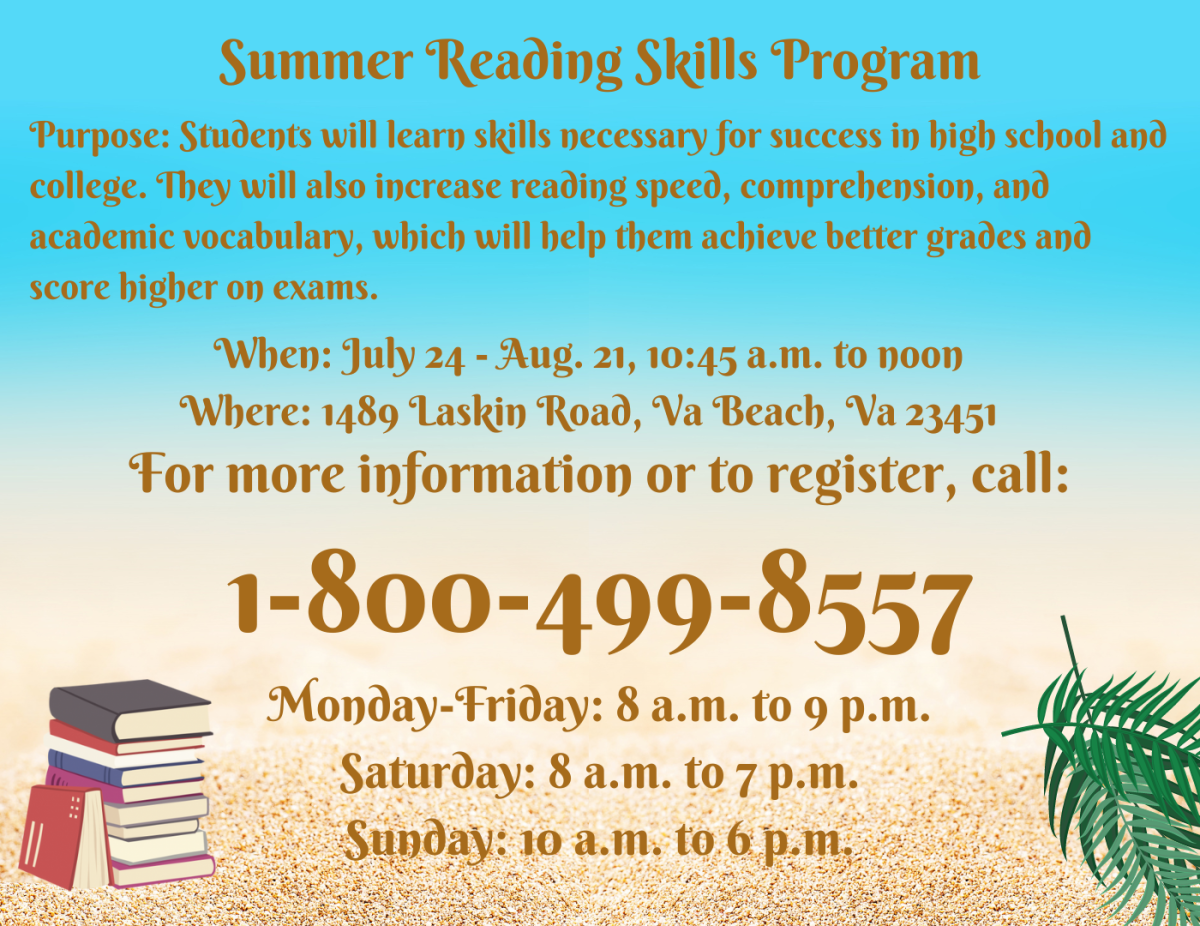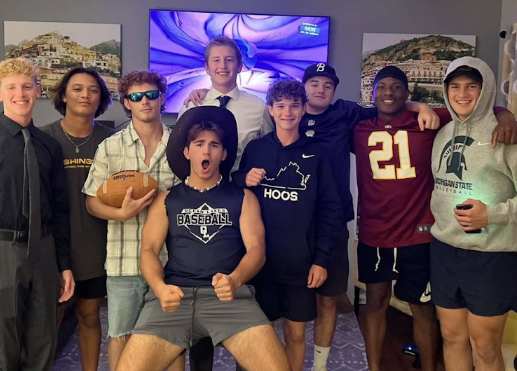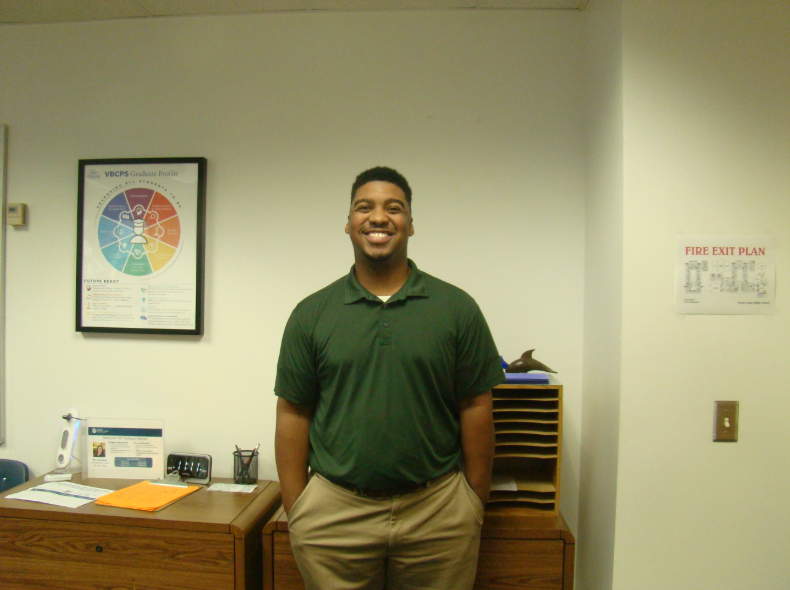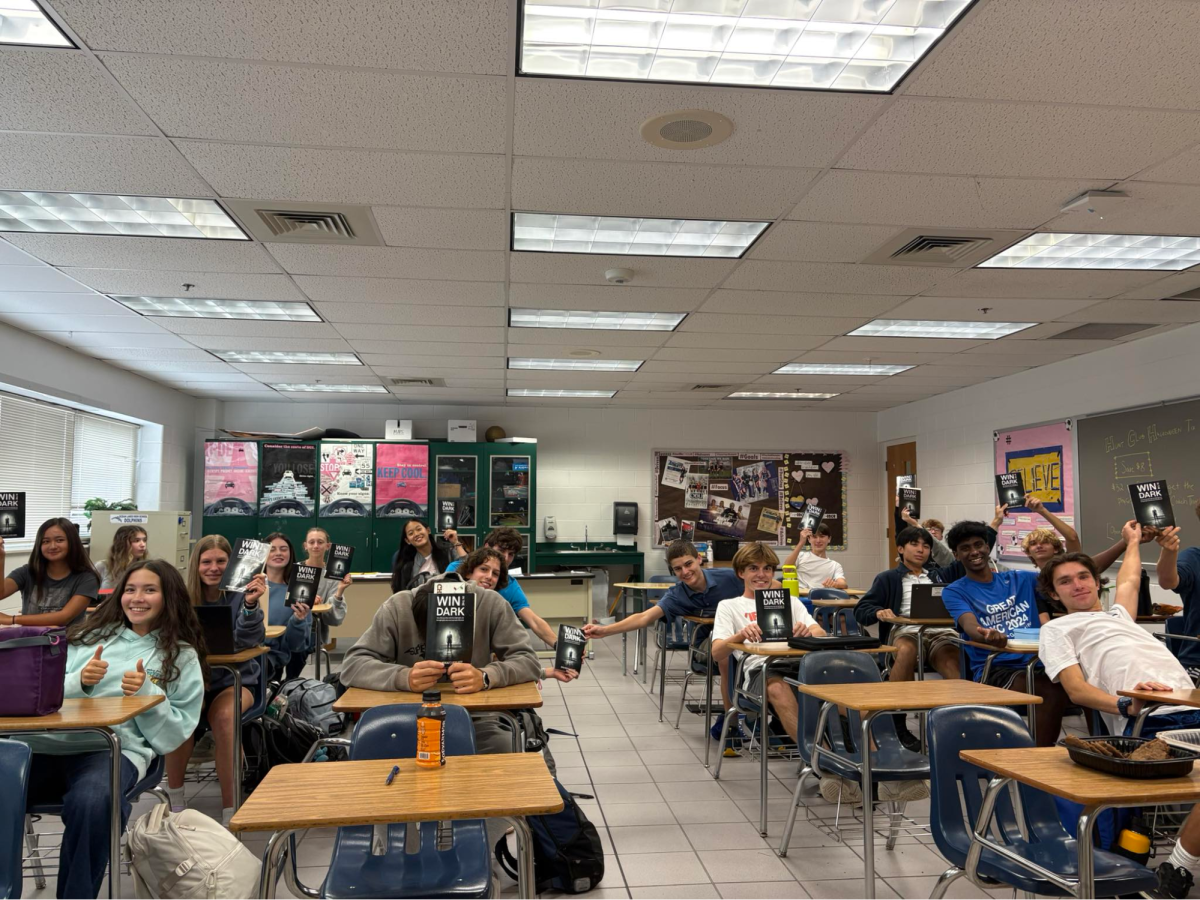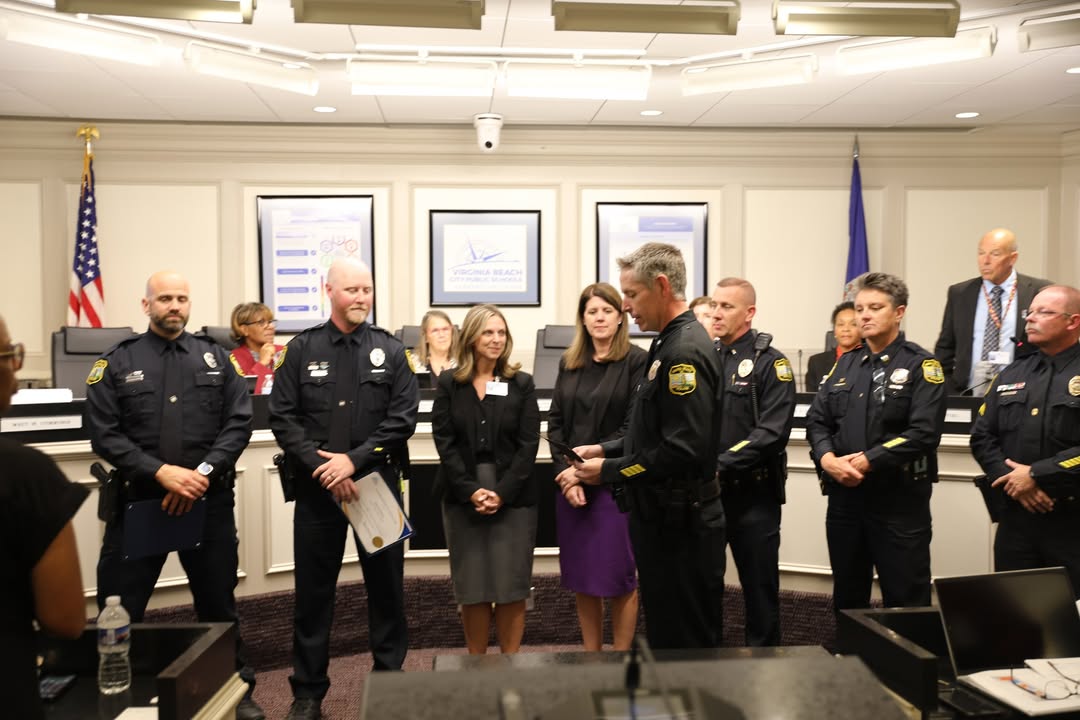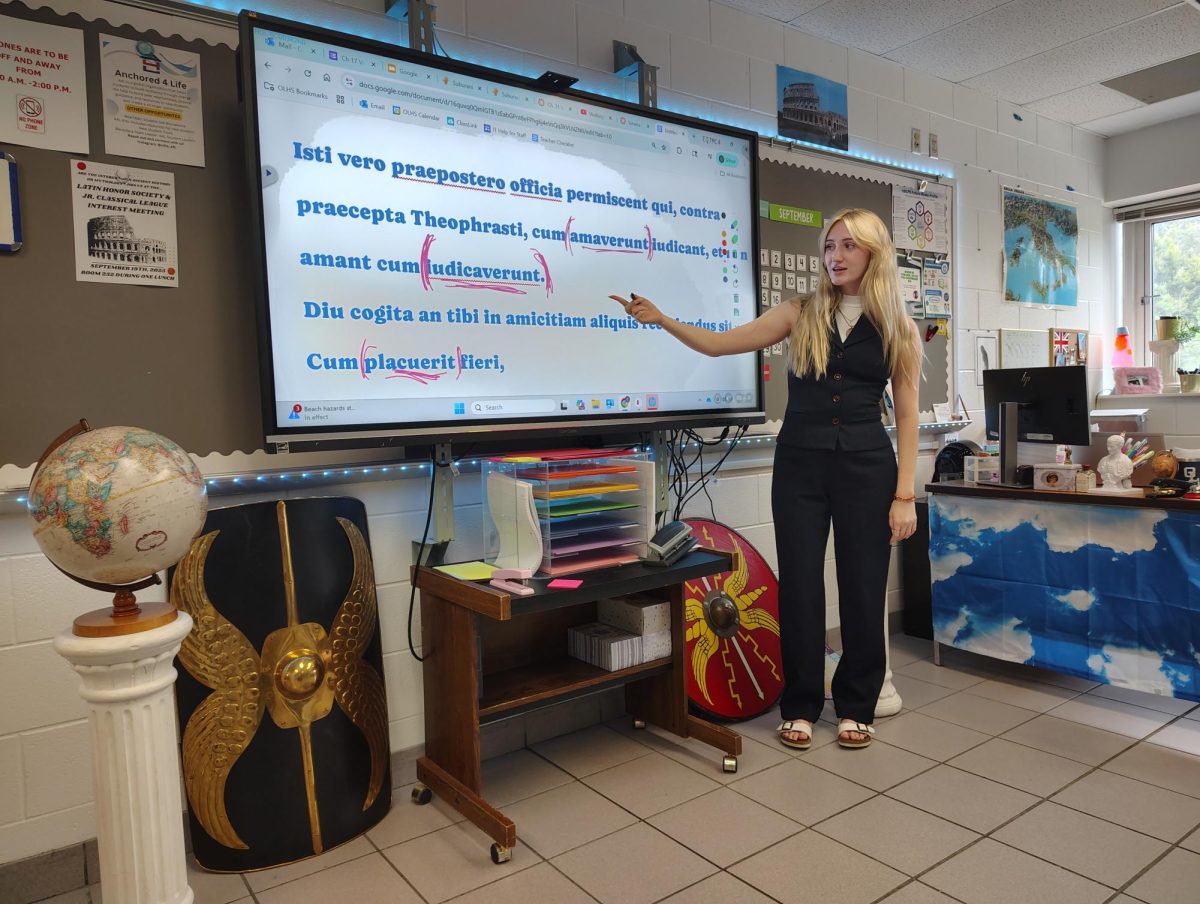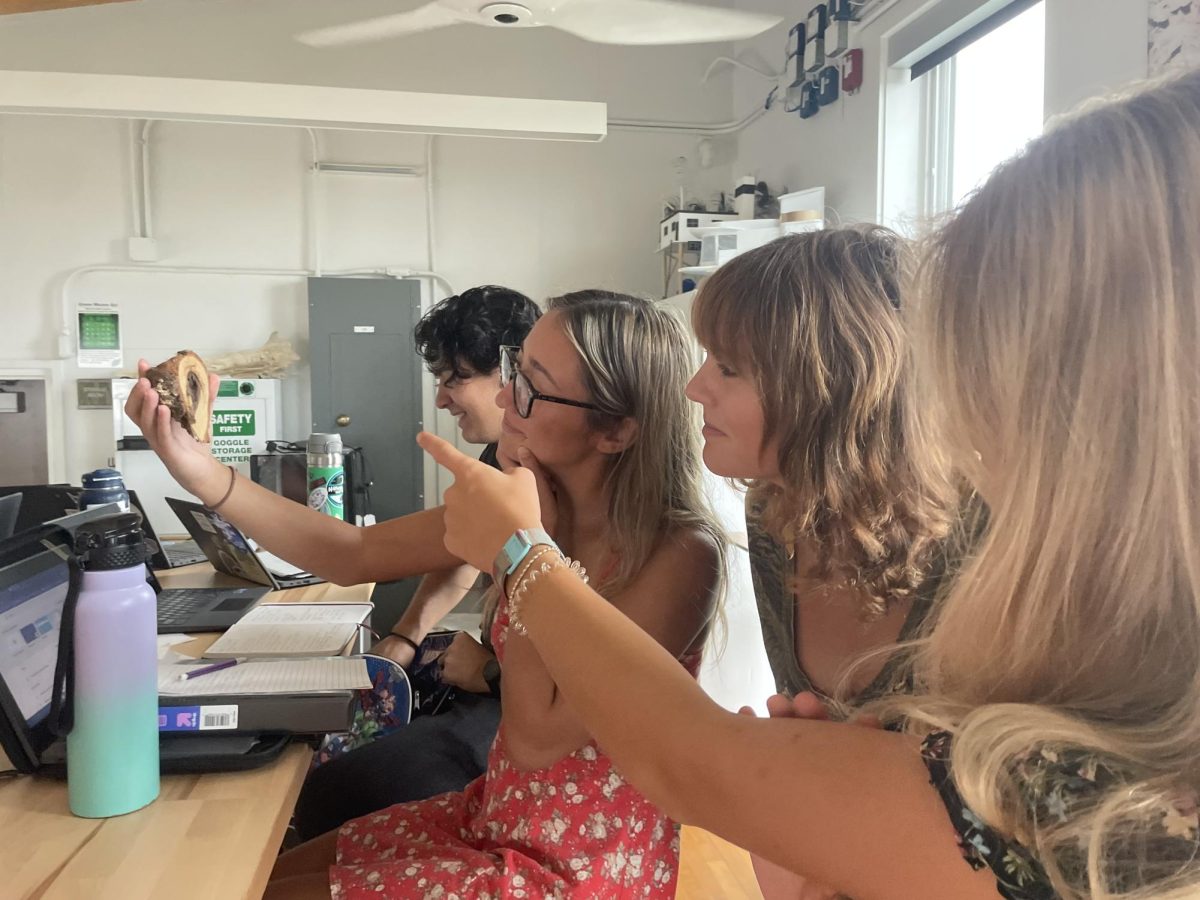Line after line, page after page of random words. Blah blah blah.
That is what many students see when they are forced to read for class or an assignment. Unfortunately, many do not see the benefits associated with reading.
“Reading is the basic building block of every assignment and the foundation for an individual’s ability to communicate,” said English teacher Thomas Stewart. “Literacy translates across generations and borders, which is why common things and stories are so powerful for literature.”
Although the encouragement of reading has become cliche over the years, research has proven the psychological benefits of reading books, preferably hard-copy books, according to matherhospital.org. Physical hard-copy books allow readers to absorb more information by simply holding the book.
Reading enforces visual representations in the brain, which improves memory and can reduce the chances of developing Alzheimer’s disease in the future, according to elderwood.com.
Books also induce sleep, which many high school students prioritize, according to matherhospital.org.
In today’s world, the classroom and homework are dominated by technology, which emits blue light, restraining melatonin production, a sleep-inducing neurotransmitter. Reading books before bedtime can help those who have insomnia or struggle with sleeping in general.
“I’m not a huge fan of reading, but I often struggle with sleep since I’m on my phone many times throughout the day,” said junior Minh Ngo. “I try to put my phone away at least an hour before bed and read a couple of chapters or two.”
Reading also prepares students for similar high-level work in college. Textbooks play a huge role in college courses, and with experienced analytical reading and writing skills, students can understand the content better than non-readers, according to youthreadersfoundation.org.
There are solutions for those who struggle with reading or understanding books. Books often have small summaries on the insides or back covers, which provide a general idea of the story. Choosing genres specific to one’s interests and picking familiar books will also help one understand the book better.
Book Club at Ocean Lakes encourages students to gather and talk about interesting books and novels.
“Once a month during One Lunch, we pick a book and everybody gets together and talks about it,” said media specialist Beth Labiack. “It’s great for those who want to get involved and read books with others.”
For those who struggle with reading or comprehension, tuition-based summer reading programs in Virginia Beach help students of all ages improve reading speed and comprehension. Public libraries also host reading challenges across the city that give prizes for completing books,
“Virginia Beach definitely has great reading programs; although many teens do not really participate, it’s great for getting to enjoy reading more,” said Labiack.

